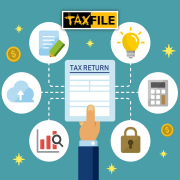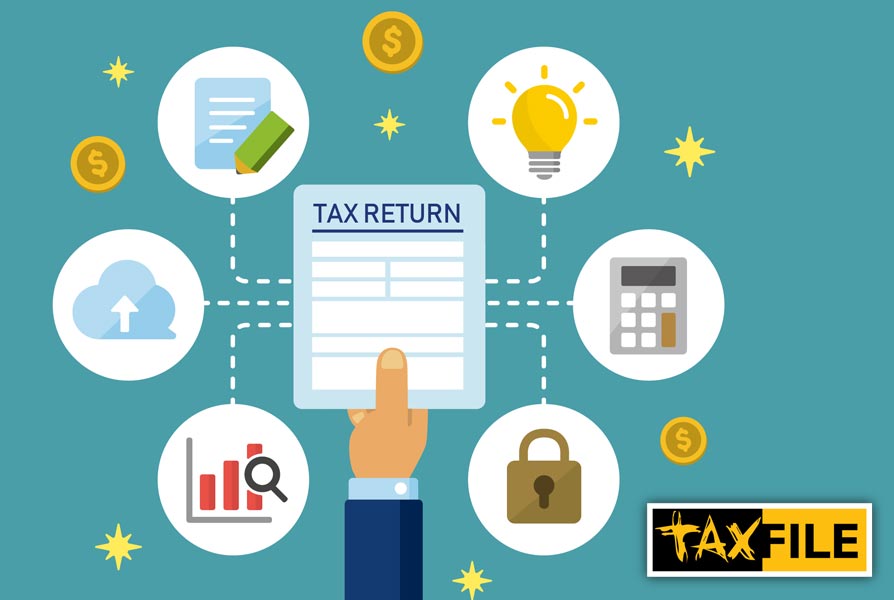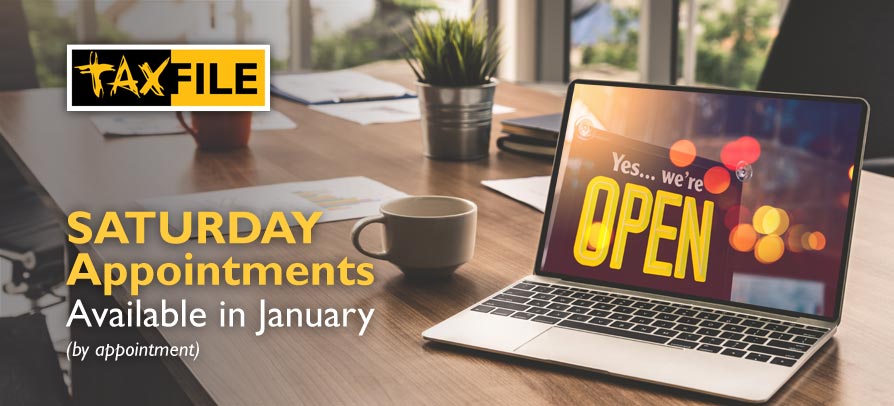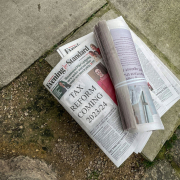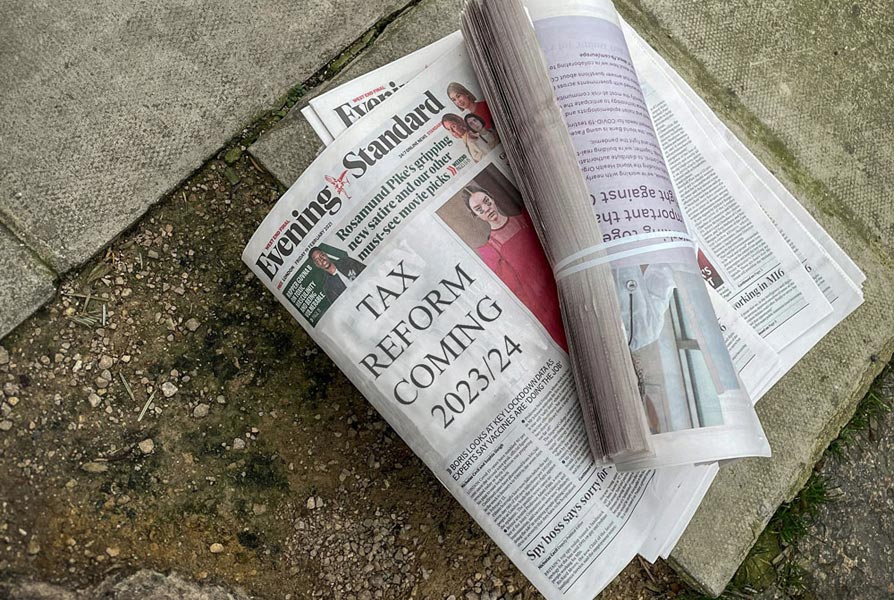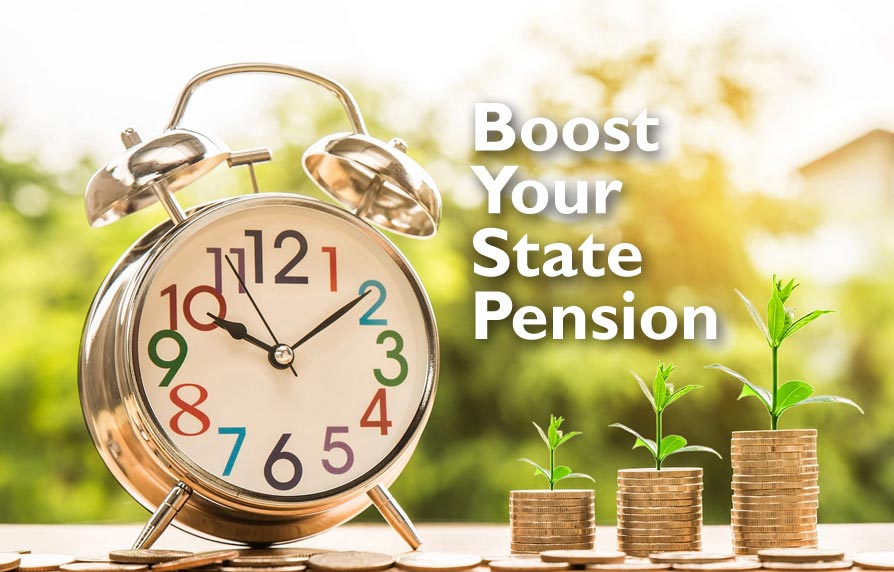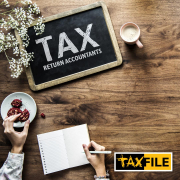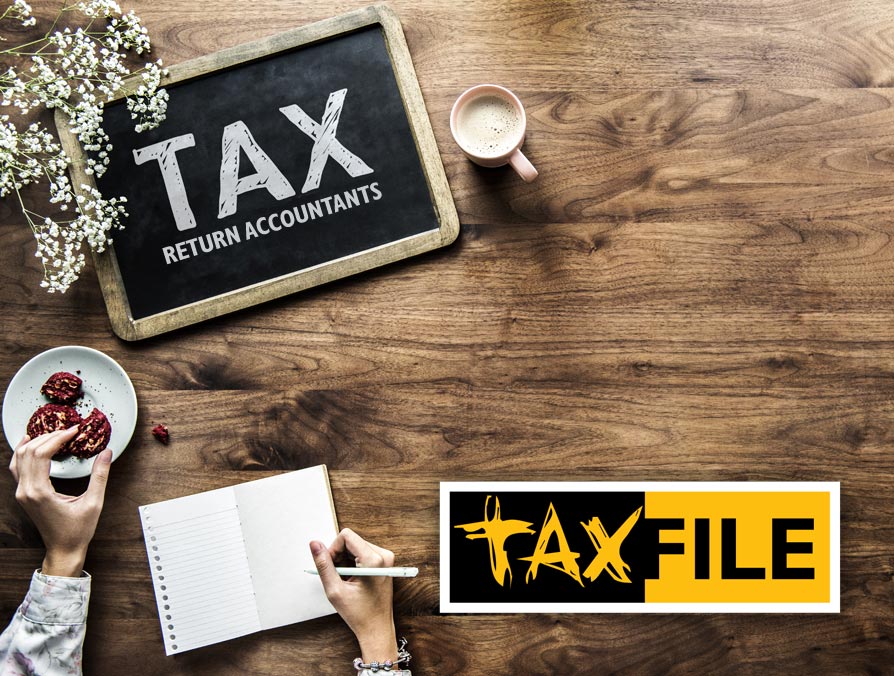At Taxfile we can compile and file your company’s tax return as well as calculating what is owed in Corporation Tax.
As of 01/04/2023, the main rate of Corporation Tax (CT) will rise from 19% to 25%, although the rate will remain at 19% for small businesses with profits less than £50,000.00. However, if the profit is anywhere between £50,000.00 to £250,000.00 then the calculation is slightly more complicated as there is a marginal relief that can be applied. Anything above £250,000.00 is taxed at the new rate of 25%.
The marginal relief means that you would not pay an outright 25% on a profit between £50k-£250k. So for example, your company posts a profit of £80,000.00.
At 25% the tax would be £20k.
To calculate the marginal relief you would subtract your profit from the maximum where the relief is allowed (£250k) leaving you £170k and apply the marginal rate multiplier (3/200 or 0.015) to this, which is £2,550.00 in relief.
So the £20k would be reduced by £2,550, meaning that the CT liability would be £17,450 on the £80k profit.
When we file your tax return we calculate:
- profit or loss for Corporation Tax (this is different from the profit or loss shown in your annual accounts)
- Corporation Tax liability
Taxable profits for Corporation Tax include the money your company or association makes from:
- doing business (‘trading profits’)
- investments
- selling assets for more than they cost (‘chargeable gains’)
Our SMB Private Limited Company accountancy services will take a lot of the strain away from being a company director, and allow you to focus on why you formed a limited company in the first place, to make a successful and expanding business.
We can help you with all the necessary bookkeeping, computations and filings, as well as advising on other business taxes that may be required such as VAT, and also look after your payroll and expense claims when filing your P11D’s.
Our personable and knowledgeable accountants are real people that you can talk to and meet in person, available to answer your questions and offer advice.
We are a friendly, relaxed accountancy firm offering services to businesses spanning the South London area, from Croydon through to Wandsworth. We are your local accountant for small to medium businesses. Call us for advice on 020 8761 8000 for a free 20-min no obligation chat. We will be happy to answer any of your questions regarding limited companies.



